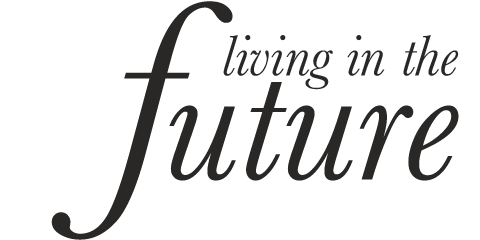An interview with Ed Fornieles
Your work often concerns social interactions on the internet. How do you think the internet of the future will change the way we interact as people?
It will be a place of total character fluidity, where the subject will be only loosely tied to their bodies and location. Where everyone will be many things and people on many different platforms, progressing to a next stage of evolution based on the cult of empathy.
Do you think there could be a future where physical interaction doesn’t happen at all? – like in The Matrix.
No, the physical is going to become more important, interfaces will harness touch much more. The gap between offline and online will totally disappear. The internet will not be something you sit down and do, it will just be.
William Gibson says: “The future is already here — it’s just not very evenly distributed.”
Thats a good quote. We are living the sci-fi of yesterday, and what’s interesting is that sci-fi is still operating in similar areas/ideas of the future – so now we are just in the process of fleshing out the sci-fi reality. Soon it will be complete.
Your piece for The Serpentine in 2012 which culminated in Programme X and The Dreamy Awards involved an attempt to infiltrate the world of real business with mystical and science fiction ideas…
Because they are already there – I mean, new tech paints a strong image of the future: a place where the problems of today can be solved and we where we can all get rich doing it.
It’s the spirit of our age.
Do you think ‘we’ can all get rich doing it, or will there still be children down the mines in Africa enabling us to live with our future tech?
Of course there are children down the mines. No one talks about those guys – they are only very loosely part of the central narrative, as a reflexive moment, as a morality check. “Your animated GIFs run on burnt coal and your computers—they’re made by slaves.” – Daniel Keller.
In that project, you were spinning fiction into reality.
You create a fiction that then becomes a reality – I mean both reality and fiction are just narratives. Truth just has something to do with belief.
So you think reality is subjective, not necessarily to be accorded greater respect than any other narrative?
Well, its all fiction.
Or editing. Or phrasing.
Fictional narratives from the past informing reality narratives in the future?
Exactly. Trading on future narratives by seeding fictions.
The future is something that only exists in our imaginations anyway.
At the moment.
But ‘now’ is always ‘now’.
Now yes.
Now it is.
Do you feel closer to the future in Los Angeles than you did in London?
-YES. It is closer.
How come?
It’s a city of the future – London is about carts, LA is about streaming on floating concrete. It’s the city most like the internet.
Have you got a picture I can use?
Here is an image of my immediate social network. Well it’s not, but you can say it is.
Ed Fornieles (for-nee-el-es) is an English artist working in Los Angeles using variety of different media including the internet, sculpture, performance, film and social media. Fornieles merges sophisticated social manipulation with a formal approach to the Internet and pop culture. His works Animal House, Dorm Daze and The Dreamy Awards have drawn comparisons to Todd Phillips, early John Waters, and 360 advertising.

